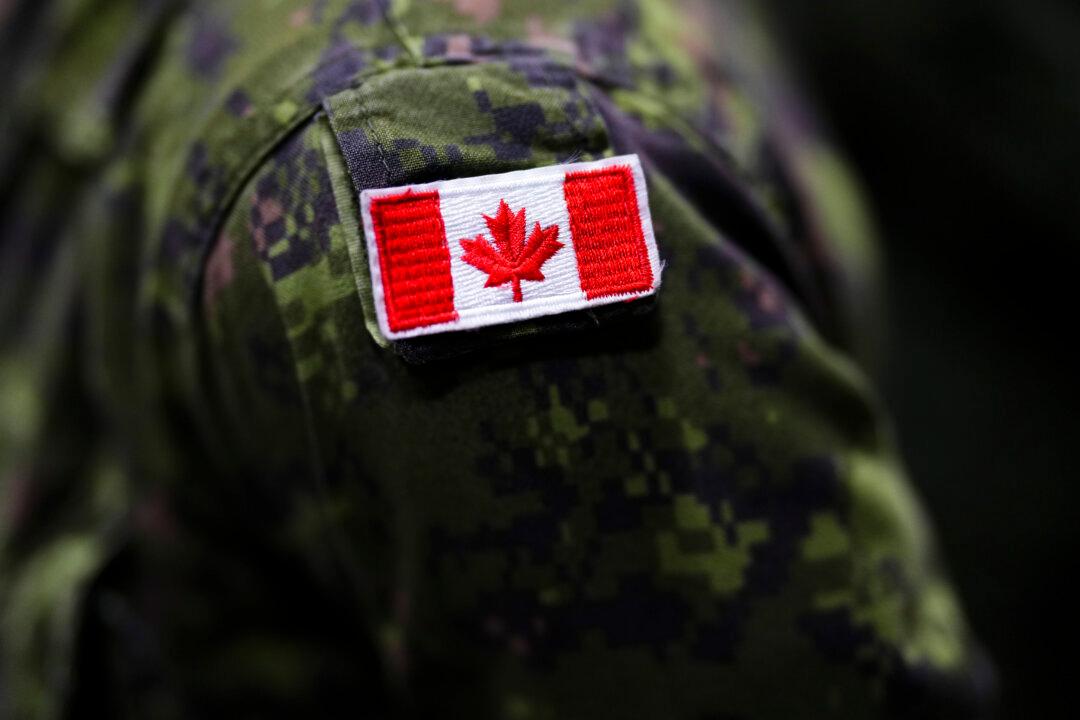The word “unprecedented” applies to some aspects of the massive public inquiry underway in Ottawa.
After all, the commission is investigating the first-time use of the federal Emergencies Act during the “Freedom Convoy,” protests last winter that decried extraordinary restrictions during a global pandemic.





